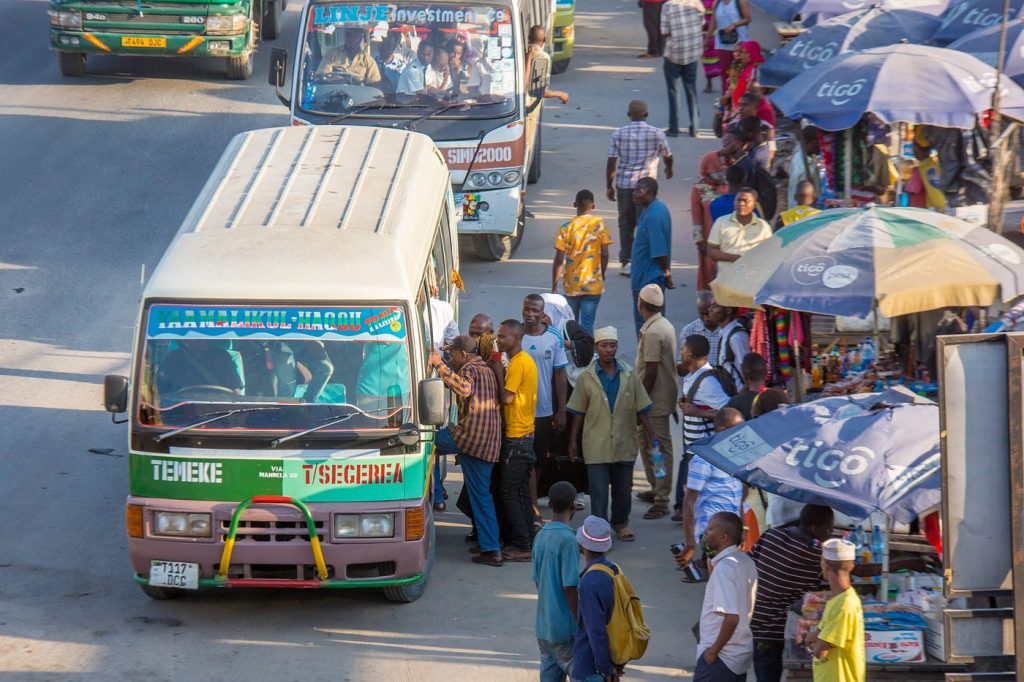The recent announcement by the Land Transport Regulatory Agency (LATRA) in Tanzania regarding a significant increase in transport expenses has undoubtedly stirred concerns about the negative affluence it could have on the country’s per capita income.
A surge of 27.9% in standard urban and peri-urban routes and 13.3% for long upcountry ways, effective from November 27, 2023, is not trivial. This sudden rise in household expenses, particularly in a vital area like transportation, can have profound implications on the overall economic well-being of individuals and the nation.
To comprehend the potential consequences, one must first consider the concept of per capita income. Per capita income is a crucial economic indicator that gauges the average income earned by an individual in a specific region.
When household expenses, such as transportation costs, experience a substantial increase, the per capita income is likely to take a hit. This is particularly true in the case of Tanzania, where the living wage for an individual is set at 332,400 Tanzania Shillings.
With a significant portion of the population earning wages close to the living wage, any increase in essential expenses like transport can directly impact disposable income. As transportation costs surge, individuals have less money for necessities, savings, or investments. This, in turn, hampers the overall economic resilience of the population.
The negative affluence of rising transport expenses extends beyond the immediate impact on individual budgets. It has the potential to create a domino effect, influencing various sectors of the economy.
For instance, increased transportation costs can lead to higher prices for goods and services as businesses pass on the added expenses to consumers. This inflationary pressure could further erode the population’s purchasing power, exacerbating household financial strain.
In light of this, it becomes imperative for LATRA, in collaboration with the Ministry of Planning and Investment, to devise strategies to mitigate the adverse effects of this sudden hike in transport costs. One potential remedy could involve a comprehensive review of the fare adjustment mechanism.
Assessing the factors contributing to the escalation in transportation costs and working towards a more balanced and gradual adjustment process could alleviate the immediate burden on citizens.
Moreover, the government should explore avenues to provide targeted financial relief to vulnerable groups affected by increased transport expenses. This could involve the implementation of subsidies such as the one the Tanzania Government implemented in June 2022 of about TZS 100 Billion to offset the global energy crisis or direct financial assistance programs to ease the financial strain on low-income individuals and families. Such measures would support those most impacted by the increase and contribute to maintaining a certain level of economic stability.
Furthermore, investing in alternative and sustainable modes of transportation could offer a long-term solution to mitigate the negative affluence of rising transport costs.
In collaboration with private stakeholders, the government could explore options such as improving public transportation infrastructure, promoting carpooling initiatives, instigating more rapid transport routes and incentivizing eco-friendly modes of transport such as Electric vehicles. This addresses the immediate financial burden and aligns with broader sustainability and environmental consciousness goals.
Collaboration between LATRA and the Ministry of Planning and Investment should extend to comprehensive economic planning, considering the interconnectedness of various sectors. Creating a task force or committee dedicated to assessing and addressing the economic implications of such regulatory changes can ensure a holistic approach to problem-solving.
This collaborative effort could involve economists, policy experts, and representatives from affected communities to devise well-informed and equitable solutions.
To remedy this situation, a multi-faceted approach is necessary, encompassing fare adjustment mechanisms, targeted financial relief, and investments in sustainable transportation. The collaboration between LATRA and the Ministry of Planning and Investment is pivotal in navigating these challenges and fostering economic resilience for the citizens of Tanzania.
Also, read Tanzania’s infrastructure: Tsh 234.512 billion Contracts Signed.

